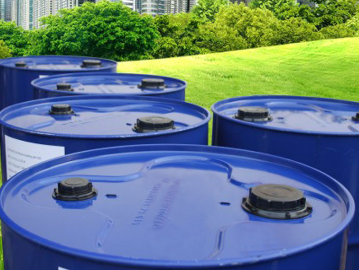Exploring the Endless Possibilities of Silicone Rubber
Silicone rubber is a versatile material that has a wide range of applications due to its unique properties. It is a synthetic material made from silicon, oxygen, carbon, and hydrogen, resulting in a flexible and durable material. Silicone rubber possesses several characteristics that make it highly useful in various industries, such as its temperature resistance, chemical resistance, electrical insulation properties, and biocompatibility.

One of the key advantages of silicone rubber is its ability to withstand extreme temperatures. It remains stable and flexible in both high and low temperatures, making it suitable for applications in industries like automotive, aerospace, and food processing. Silicone rubber can handle temperatures ranging from -60°C to 230°C, and it does not melt or lose its properties at these extremes. This makes it a preferred choice for manufacturing gaskets, seals, and O-rings used in extreme environments.
Chemical resistance is another important property of silicone rubber that makes it suitable for diverse applications. It has excellent resistance to water, oils, solvents, and many chemicals. Its resistance to oxidation and UV radiation also makes it a preferred material for outdoor applications. This property allows it to maintain its integrity even in harsh chemical environments, making it suitable for use in the construction industry, where it is employed for sealing joints, pipes, and windows.
Silicone rubber also possesses excellent electrical insulation properties. It exhibits low dielectric loss and high dielectric strength, which allows it to insulate against electrical currents and prevent electrical leakage. This property makes it suitable for producing electrical connectors, insulators, and cables. Additionally, silicone rubber is fire-resistant and does not produce toxic gases when exposed to fire, making it a safer material for electrical applications compared to other rubber materials.
Biocompatibility is another significant advantage of silicone rubber. It is widely used in medical and healthcare industries due to its non-toxic and hypoallergenic properties. Silicone rubber is often used for manufacturing medical devices such as prosthetics, implants, and catheters. Its biocompatibility allows it to be in direct contact with the human body without causing adverse reactions. This makes it a preferred material for long-term implantable devices that need to remain in the body for extended periods.
Apart from these key properties, silicone rubber also exhibits excellent tear resistance, elongation, and flexibility, which makes it highly durable and long-lasting. Its low surface energy prevents the adhesion of dirt, dust, and other particles, making it easy to clean. Additionally, silicone rubber can be easily molded into various shapes and sizes, offering design flexibility to manufacturers.
With such a wide range of properties, silicone rubber finds applications in various industries including automotive, aerospace, electronics, healthcare, and more. It is used in gaskets, seals, O-rings, keypads, vibration dampers, keypads, rubber sheets, and many other products. The versatility and durability of silicone rubber have led to its continuous exploration in research and development to discover new applications and improve existing ones.
In conclusion, silicone rubber is a remarkable material with endless possibilities. Its unique properties, including temperature resistance, chemical resistance, electrical insulation, and biocompatibility, make it highly suitable for diverse industries. The exploration of silicone rubber continues to uncover new applications and improve existing ones, making it an invaluable material for many manufactured products.